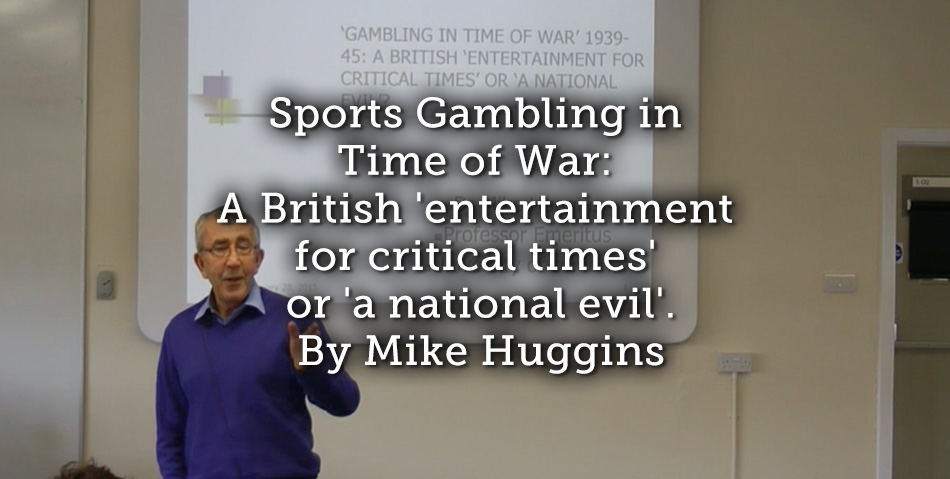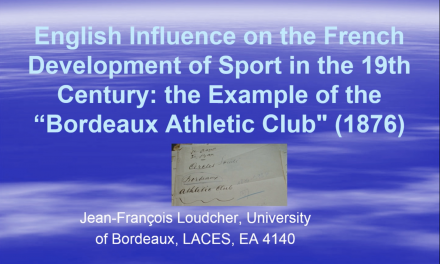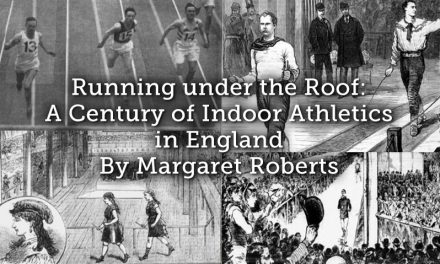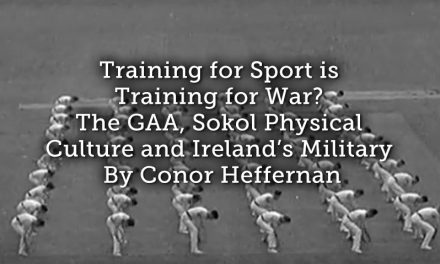Presented by: Mike Huggins
The catastrophe of World War 2 might have been expected to have a significant effect on British social and economic life, and a shift from betting leisure consumption to time and energy spent on the war effort, yet sports betting survived. This paper draws on a variety of empirical documentary sources, including the national press, newsreels, British Home Office records, sports organisation minutes, and betting surveys. It begins by examining the arguments strongly advanced by vociferous anti-betting groups in the first years after the outbreak of war, and assesses their limited success. Assessments of betting turnover (money spent on bets, some of which came back as winnings) suggest an initial decline in betting, largely perhaps because of the official curtailment of horseracing, dog racing and football, the three principal betting media. The paper explores some of the reasons why it then once more increased, according to surveys provided by the Churches Council on Gambling or Mass Observation. It focuses on provision and betting organisation: the continued legal opportunities within Britain, including new ‘unity’ football pools, the reopening of some English racecourses, dog tracks and athletic tracks and recommencing of coursing, and the new opportunities created by Illegal ready money bookmakers, such as Irish horse racing results, which were unaffected by the war. The national government slowly came round to the view that the betting sports were ‘entertainments’ and ‘in the public interest’, and also helped by providing scarce petrol to help with the movement of horses and dogs to meetings.
Article © Mike Huggins





